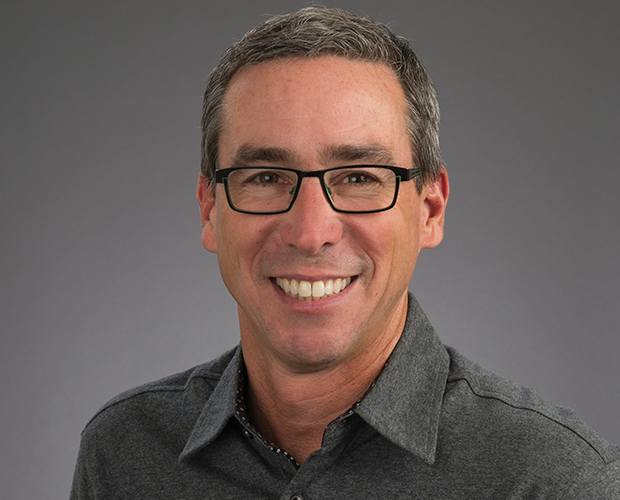Office hours: Professor Gordon Hanson

The GPS faculty member opens up about some of the dearest objects that adorn his office, painting a picture of his professional backstory and personal interests
Sept. 18, 2017 | By Amy Robinson | GPS News
Ahead of the start of the fall quarter, we knocked on the economist's office door and asked him to point out a couple of meaningful objects in his workspace.
The first thing you notice is his appreciation for art. Ranging from a work created by his daughter to commemorate family surfing vacations in Costa Rica, to 20th century Chinese modern art purchased from the famed 798 Art Zone when on sabbatical, each piece has an amazing backstory.
His walls and shelves are also lined with memories from his global travels, including a carved parrot he brought back from a yearlong graduate-school fellowship in Peru and Honduras in the mid-1980s, during the middle of the U.S.-sponsored contra war.
Like most economists, he’s efficient in his shelf space and you’ll see a pile of books outside of his door with a “free” sign taped to the wall.
Yet there are many from which he can’t part, including an original copy of Jacob Viner’s 1937 book “Studies in the Theory of International Trade,” which was a gift from a Ph.D. student he mentored. One of the great, early trade economists, Hanson shared that he uses the insights from Viner’s models today, but in a more modern context.
3 questions with Professor Gordon Hanson
What are the real-world impacts of your research?
I’ve helped change how we understand the labor-market impacts of globalization, which affects the design of public policy and political debates about winners and losers from freer international trade.
What skills or understanding do you hope students leave your class with?
I want my students to appreciate the interconnectedness of the global economy. You can’t change policies in one industry and one country without it having ramifications across sectors at home and with trading partners abroad.
What is your academic focus?
My academic focus is how international economic integration – through trade, foreign investment and migration – affect where people live and work and how much they earn.


